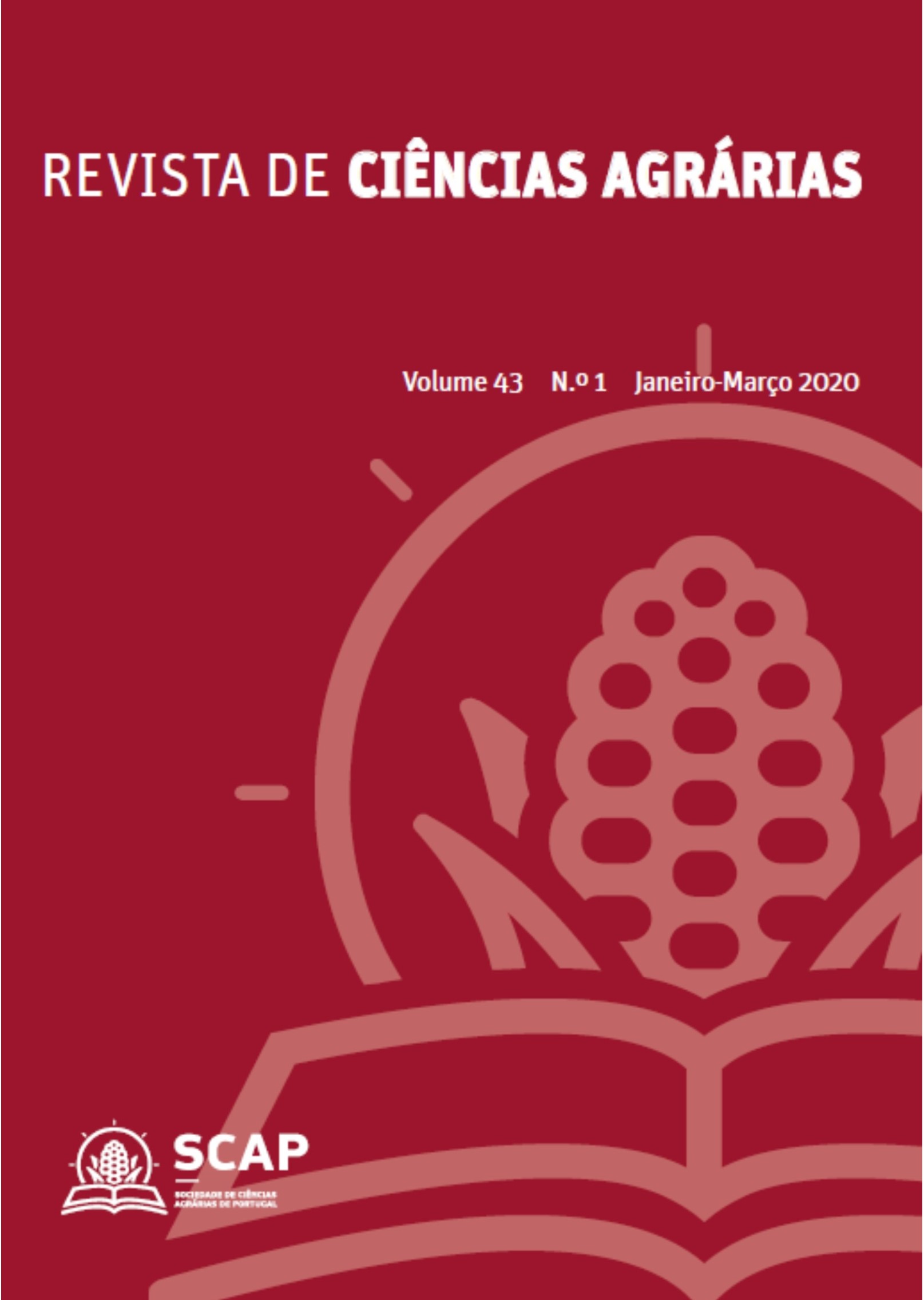Germination and initial growth of crops and weeds in response to sourgrass aqueous extracts
DOI:
https://doi.org/10.19084/rca.18659Resumen
Abstract: The objective of this study was to evaluate the allelopathy of aqueous sourgrass extracts on germination and initial growth of cultivated plants and weeds. Two factorial experiments (3x2x3) were carried out, being the plant species (Glycine max (L.), Zea mays (L.), Phaseolus vulgaris (L.), Digitaria horizontalis (W.), Echinochloa crus-galli (L.) and Bidens Pilosa (L.)), factor B origin of root or air part extract and C doses (0, 50 and 100%). Germination percentage and the length of aerial parts and root of the species were evaluated. Among the cultures, there was a reduction in germination only in bean (-12.5%) in response to aqueous root extract 50%. The initial development of corn and beans were hampered. No negative effects were observed on soybeans. Among the weeds, the most sensitive species was Bidens Pilosa (L.), with reductions in germination (-41%), length of aerial parts (-59%) and root (-84%) when the seeds were exposed to the 100% aerial-part extract. The other weed species also suffered reductions in at least one of the evaluated variables. Therefore, the allelopathic effect exerted by sourgrass may be related to its great competitiveness with crops, as well as to its dominant character in areas after its introduction.


